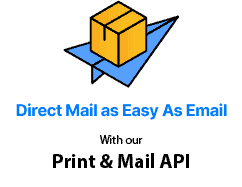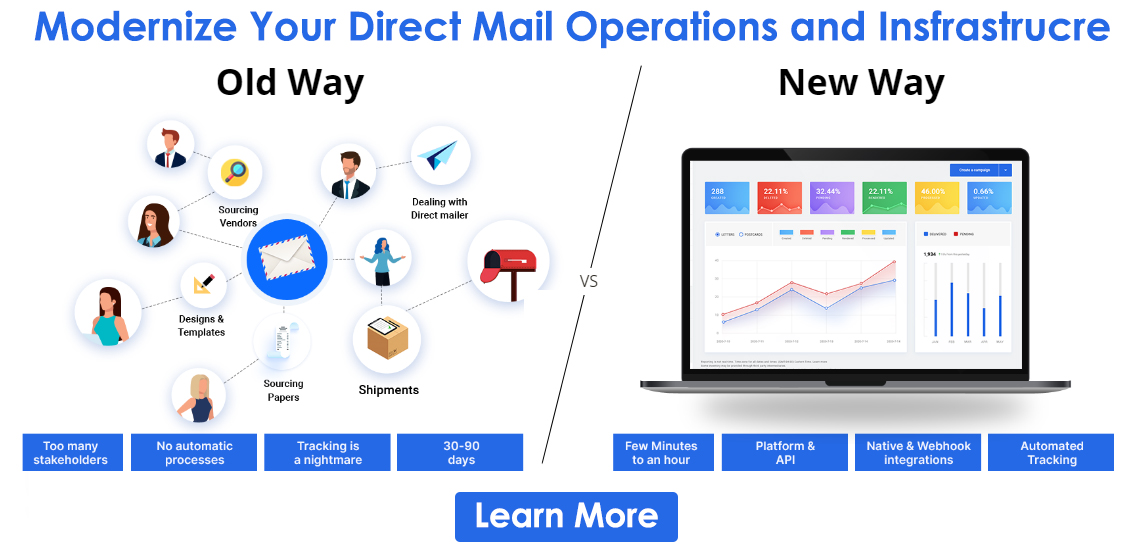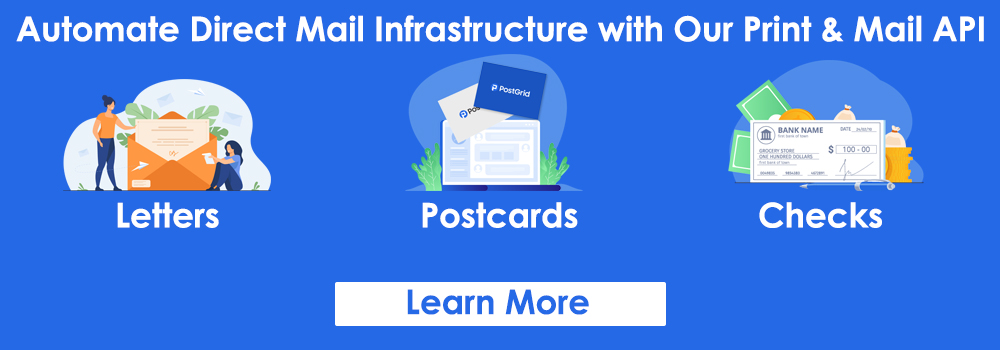FinTech Marketing Strategy
FinTech Marketing Strategy
FinTech Marketing is relatively new, mostly because FinTech itself is a modern-day solution that has only been around for just over a decade. In recent years, FinTech has taken off beyond our wildest imagination, with more and more innovative FinTech solutions being launched practically every day. FinTech companies use the latest technologies to enhance their customers’ financial services.

FinTech marketing includes any marketing effort that is employed specifically for FinTech or financial technology companies. Today, as even traditional banking companies are adopting emerging tech solutions, FinTech marketing will play a vital role in shaping the banking landscape. However, FinTech marketing is far from easy because banking is rarely viewed as a subject of interest by most people.
This article discusses some of the most effective FinTech marketing strategies that are in use today. We take you through various aspects involved in FinTech marketing, including mobile dependency, social media influence, and more.
9 Helpful FinTech Marketing Strategies
We discuss how each of these strategies can be employed effectively for financial institutions to sell their products or services to the general public.
1. Incorporate Mobile Access
We live in a world dominated by mobile devices to the point that all our needs, including banking needs, are now carried out through mobile devices. The fact that the Millennials are now the major customer base only furthers the need for incorporating mobile access into your banking business. Therefore, you must make setting up mobile access to your banking business a priority.
The first thing you need to do while incorporating mobile access into your banking business is to ensure that your website is mobile responsive. This, by extension, means that you need to create a significant online presence if you don’t already have any. By doing so, you can direct traffic from Google, social media, or other such sources to your business.
2. Befriend Social Media
Social media is without question one of the most popular marketing channels that are in use today. You need to befriend social media to the extent that all your marketing campaigns are at some point connected to your social media channels. Another important thing when employing social media for FinTech marketing is to identify the ideal social media platform for their unique product or service.
Once you have picked the relevant social media, you need to adopt a suitable tone of communication for each of the platforms as the audience interacts differently in all of them. Furthermore, you should also make it a point to set your niche targets and their sub-targets within these social media platforms. Finally, use personalized content after carefully considering your target audience and platform characteristics.
3. Quality Content That is Valued
Regardless of how advanced or primitive your marketing campaign is, you will still need quality content if you want to get the desired results. Alternatively, this could also mean that as long as the content carries value, the target audience will consume it regardless of the format in which it is in. Creating quality content for FinTech marketing that can genuinely pique interest in the target audience is challenging.
A recent study found that 45% of millennials need financial products/services that can aid them in gaining control over their financial situation. Finding the right resource that can comprehensively explain FinTech solutions and their advantages is hard. So if you can get the point across to the target audience and address their needs, you are bound to improve incoming traffic and establish yourself as a trusted brand.
4. Bold Branding
Branding should be a top priority for FinTech marketers because, by the end of the day, the success of any banking business depends on how trustworthy your brand is to the customers. Branding is perhaps the biggest contributing factor when it comes to establishing trust with your customers. Without branding, it is likely that a business, especially a banking business, comes off as shady to the customers.
Bold branding can enhance your chances of getting noticed by the target audience. Since the target audience for FinTech now largely comprises MIllennials and Gen Z, you have the freedom to go for a much bolder branding. This means that you have more freedom when it comes to branding. You can use bold colours along with even bolder taglines so long as it connects with your target audience.
5. Make Engagement a Priority
Many banking companies often make the mistake of focusing excessively on conversions and end up ignoring engagement in FinTech marketing. Engagement is one of the most crucial factors in your long-term marketing strategies for FinTech companies. Furthermore, engagement is a measurable quantity which means you can get valuable insights by analyzing the engagements.
The engagement can be anything from a Facebook/Instagram comment to a reply to a mail or tweet, and so on. You can start by making sure that your social media is equipped for engagement with customers 24/7. Ideally, you must never let a customer’s chat inquiry or comment go ignored. Make it a priority to respond to social media engagements so that your customers feel valued.
6. Overdeliver if Possible
Whenever an opportunity arises to over-deliver your promise or service to the customers, you must take it. This is important from a marketing perspective because such instances can be amplified across different channels, including social media. Showcasing a success story in which your banking business played a significant role is a perfect way to earn your customer’s trust.
You should note that overdelivering a promise or a service does not necessarily mean that the act has to be something overwhelmingly big or larger than life. You can also implement small and meaningful gestures such as sending a small gift on their birthday like a coupon. Even though such gestures may seem insignificant to some, the positive effect it has on establishing trust is surprisingly huge.
7. Smart Ad Campaigns
When it comes to ad campaigns in the modern world, you are faced with a practically unlimited number of options. Some banking businesses still busy themselves with legacy solutions like television or radio commercials. Although these methods are capable of giving results, they have a huge disadvantage because their engagements are not really measurable.
You must focus your FinTech marketing efforts on setting up smart ad campaigns such as Google ads, YouTube ads, Facebook ads and so on. You should also take into account numerous factors involved in these ad campaigns, such as the audience’s interest, the keywords, ideal images. Additionally, you can use the valuable insights you collect to analyze the data and optimize your FinTech marketing efforts.
8. Employ Influencer Marketing
Influencer marketing was quick to gain popularity because people spend a large chunk of their time scrolling through their social media. Influencers speak the language of your target audience and are trusted by their followers, which makes them a perfect fit for FinTech marketing. However, the fact is that influencer marketing is severely underutilized by the banking sector.
When implementing influencer marketing for your banking business, the first and foremost thing you need to do is select the right influencer for the job. The influencer you choose must be someone who is ideal for the financial product/service you are selling. Furthermore, you can also make use of micro-influencers for marketing your FinTech business and not just top-tier influencers.
9. Use Advanced Direct Mail Campaigns
It may surprise some of you that direct mail is part of modern FinTech marketing, but the truth is that it is one of the best and most effective ways to reach out to your target audience. Advanced direct mail brings the best of two worlds together by combining online and offline marketing efforts. The biggest advantage of direct mail is that they are almost always read by the recipient, unlike an email or text message you send, which often remains unread in their inbox.
Now you can validate any address inside Canada using a SERP-certified automated direct mail tool like PostGrid.Using an advanced tool like PostGrid enables you to verify the addresses to which you want to send the mail using Canada Post’s official address database. This means you can ensure that your direct mail is delivered to its destination. Furthermore, the automation streamlines the direct mail process that saves you valuable time and effort.
Conclusion
FinTech marketing is still in its infancy and has a lot of space for growth. Marketers should use the initial stages to their advantage and employ new, advanced FinTech marketing strategies and reap the rewards of being the early bird. FinTech businesses can greatly benefit from advanced direct mail campaigns as it allows you to target real addresses inside Canada. Furthermore, having a full automation capability reduces the stress of running a direct mail campaign.
The post FinTech Marketing Strategy appeared first on PostGrid.
source https://www.postgrid.ca/fintech-marketing-strategy/
source https://postgridcanadainc.tumblr.com/post/654987200043335680
source https://harveywilson355.tumblr.com/post/654989878589882368



Comments
Post a Comment